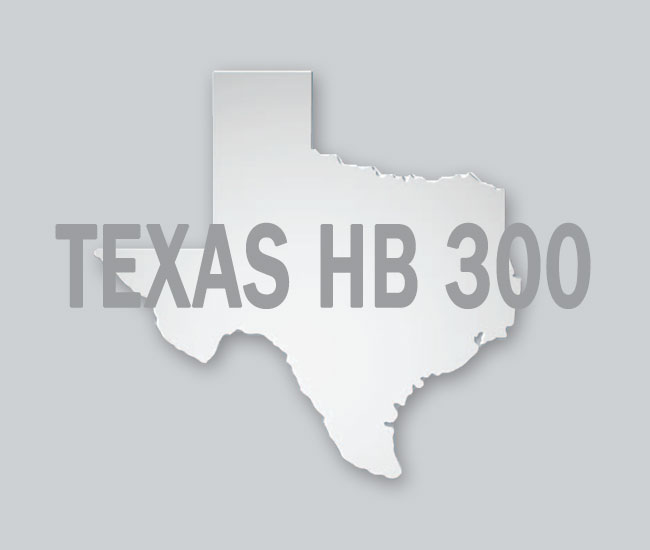Do you need to be Texas HB300 Compliant and Don’t know where to Start?
Let us save you Time and Energy with our online HB300 course!
Texas HB300 has additional guidelines for patient privacy protections. These state requirements go beyond the federal requirements known as “HIPAA” and “HITECH.”
Some of the regulations apply to how covered entities respond to patient requests for medical records, and how Texas will respond to patient complaints.
What Does HB300 Require for Handling Medical Records?
Under the new law, Texas covered entities must provide patients with their EHRs in electronic format within 15 business days after receipt of a written request. The Texas Health and Human Services Commission will soon recommend a standard format for the release of EHRs that is consistent with federal law.
How will Texas Enforce HB300?
The website of the Office of the Attorney General of Texas will contain consumer access to public health information to educate members of the public. This includes the steps to take to file a complaint with applicable state agencies and their contact information.
These state agencies will file annual complaint reports to the Attorney General of Texas. Then, the Attorney General will provide an annual report to the Texas Legislature. This report includes an overview and statistical analysis of the complaints received.
ProHIPAA’s HB300 Course Curriculum
Our HB300 training course guides you through the Texas requirements and ensures you and your team are both HIPAA and HB300 compliant. View our free training videos:
- What is a Covered Entity under HB300?
- What Training is Required under HB300?
- Medical Records and Enforcement Authority
- Duties of Covered Entities to Provide Notice
- Breach Notifications under HB300
- HB300 Penalties

